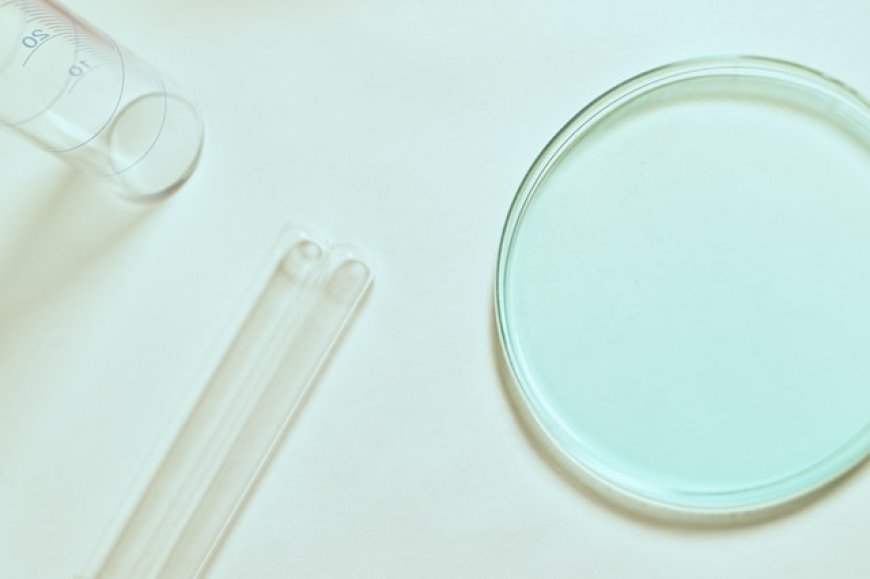Unveiling the Tiny Factories of Life: Cells in Your Body
Dive into the fascinating world of human cells, the basic units of life. We break down complex cellular biology into everyday language, connecting it with your daily experiences

The human body, an awe-inspiring biological marvel, is home to trillions of tiny units called cells. These cells aren't mere placeholders; they are bustling, industrious factories that define life as we know it. In this article, we'll journey into their microscopic world, breaking down complex concepts into simple, relatable explanations.
A single cell is like an intricate city. Imagine a bustling metropolis, with different districts dedicated to different functions. That's what a cell resembles; it's a perfectly organized unit, with different parts—organelles—performing unique functions.
The nucleus, often dubbed the 'control center,' is like the city hall. It contains our DNA, the blueprint of life, directing all cellular activities. Just as city officials make decisions based on established laws and regulations, the nucleus takes decisions based on the genetic code in the DNA.
Surrounding the nucleus is the cytoplasm, a gel-like substance that houses other organelles. Picture it as the cityscape, with buildings, parks, and infrastructure. In this cityscape, mitochondria are the power plants, producing energy for the cell through a process called cellular respiration.
The endoplasmic reticulum, often abbreviated as ER, is akin to a city's manufacturing and distribution center. It produces proteins and lipids, much like factories produce goods. These substances are then shipped off to where they're needed, similar to how goods are dispatched to various parts of the city.
The cell membrane, similar to a city's border or wall, is the defensive line. It controls what enters and leaves the cell, maintaining the perfect internal conditions for the cell to function—much like a city's customs and immigration checkpoint.
Now, consider how cells reproduce. It's like a city planning for expansion. Through a process called cell division, one cell splits into two, ensuring growth, repair, or replacement within the body. It's as if a city were cloning itself to accommodate a growing population.
This is just a glimpse into the bustling world of a cell. From your skin cells that renew themselves every few weeks, to the red blood cells delivering oxygen around your body like a fleet of delivery trucks, the activities within these tiny units are ceaseless.
In essence, understanding cells is akin to comprehending the workings of a city. The more we learn, the more we appreciate the complexity and beauty of life’s basic unit. And just like a city, each cell is essential to the greater whole—the human body.
Remember, every time you take a breath, blink your eyes, or even read this sentence, countless cells are at work. So next time you marvel at a bustling city's complexity, remember there's an equally bustling metropolis inside you, operating at a scale that's truly microscopic.
In conclusion, cells, the basic units of life, are far more complex and fascinating than they first appear. By breaking down these complexities, we can appreciate the intricacies of the human body and life itself. Understanding the role and function of cells helps us connect the seemingly distant world of cellular biology with our daily experiences, making science both engaging and relatable.
Disclaimer: The image(s) featured in this article are for illustrative purposes only and may not directly depict the specific concepts, situations, or individuals discussed in the content. Their purpose is to enhance the reader's understanding and visual experience. Please do not interpret the images as literal representations of the topics addressed.
What's Your Reaction?












































































































